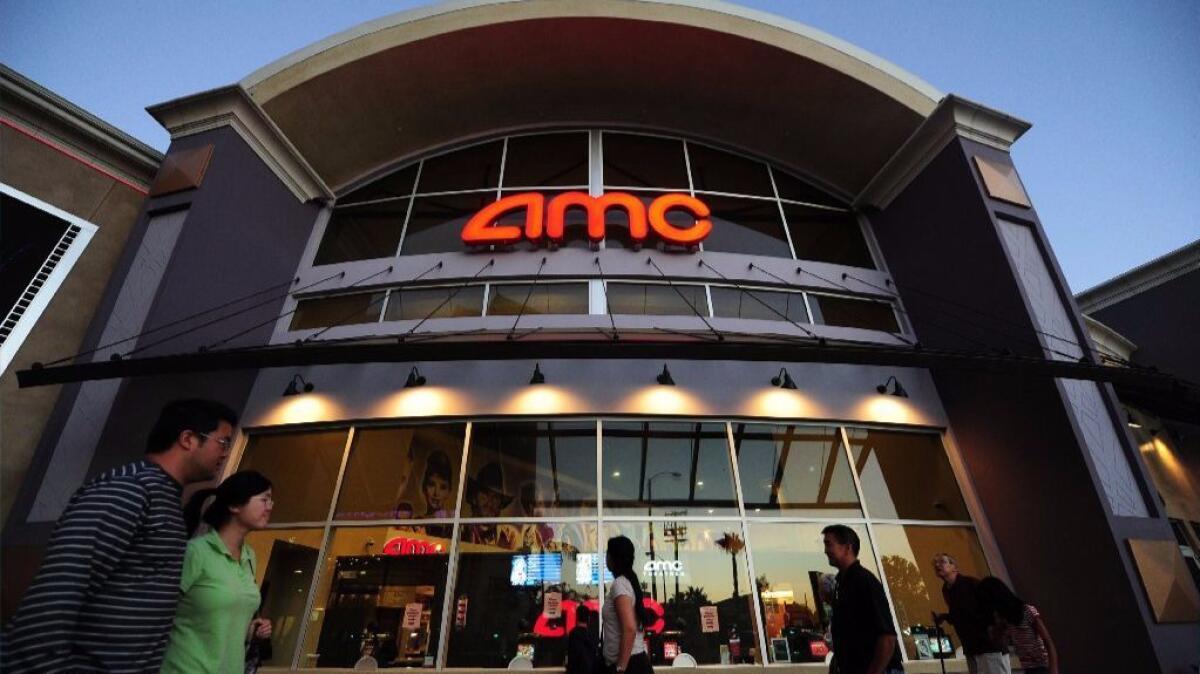Few areas in America haven’t seen Chinese investment

China continues to hold a massive trade surplus with the United States that’s on pace this year to again reach nearly $350 billion. But there’s a flip side of that trade gap as China invests billions back in America.
Investment from China is now so prevalent that all but 10 of America’s 435 congressional districts have received Chinese money, mostly through mergers and acquisitions, according to a new report released Tuesday by Rhodium Group, a research firm.
Since 2000, no state has garnered more Chinese investment than California. The state’s 53 congressional districts combined to receive $16.8 billion from China over that period, led by more than $3 billion in investment each in districts represented by Rep. Nancy Pelosi (D-San Francisco) and Rep. Brad Sherman (D-Porter Ranch). Sherman’s district is home to Legendary Entertainment, which was acquired by Dalian Wanda Group in 2016 for $3.5 billion.
The Golden State now has 585 Chinese-linked enterprises, responsible for 18,300 local jobs, the Rhodium report said.
New York came in a close second with $13.9 billion in investment since 2000. The state is home to 246 Chinese-affiliated companies, which employ a total of 8,400 people.
While still strong, the amount of Chinese investment probably will fall in 2017 after a record showing last year. Chinese regulations introduced at the end of 2016 aimed at staunching a staggering rate of capital flight have slowed U.S. investments from China to $9.3 billion the first quarter of this year, according to a separate Rhodium report. That’s down nearly 50% from China’s investments in the fourth quarter.
The slowdown comes after Chinese investment in the U.S. tripled to $46 billion between 2015 and 2016. The surge in investment is motivated by a desire to hedge against China’s slowing economy and weakening currency. But Chinese regulators fear too much money is leaving the country, often for nonstrategic deals at costs well above what most companies should pay.
“Chinese capital controls are currently the most important policy variable shaping China-U.S. deal flow,” Rhodium wrote in a note to clients showing first-quarter data for this year.
A number of high-profile acquisitions have been scuttled in recent months, including Dalian Wanda Group’s $1-billion bid for Dick Clark Productions and LeEco’s $2-billion deal for Vizio.
Regulators in Beijing aren’t the only challenge to continued growth in Chinese deals. Calls are growing in Washington to strengthen the review process for Chinese mergers and acquisitions through the Committee on Foreign Investment in the United States. Some critics say China is gaining too much access into American media while U.S. companies don’t have the same open door in China, where information is exceedingly sensitive and tightly controlled by the government.
A number of test cases are ongoing that could show how strict the Trump administration will be on proposed Chinese deals. Among them is a $1.2-billion bid by Ant Financial, a subsidiary of Chinese e-commerce giant Alibaba, for MoneyGram, a U.S. money transfer service. The proposed tie-up has been criticized on Capitol Hill as a national security threat.
Follow me @dhpierson on Twitter
More to Read
Inside the business of entertainment
The Wide Shot brings you news, analysis and insights on everything from streaming wars to production — and what it all means for the future.
You may occasionally receive promotional content from the Los Angeles Times.











